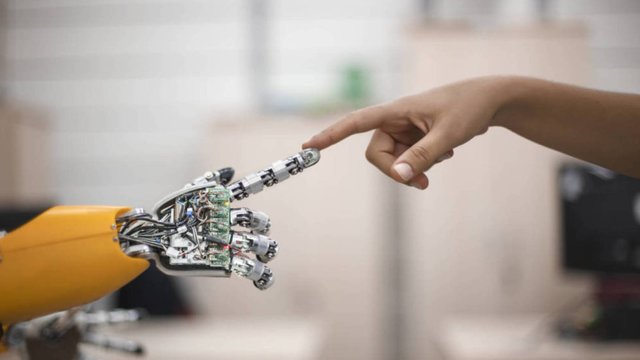🔴🔴 ROBOTS THREATEN JOBS 📢📢

For economist Eduardo Levy Yetati, robotization reintroduces the old dilemma of commercial liberalism, that of "productivity versus employment". According to a study by economists Carl Frey and Michael Osborne of Oxford University, 47% of U.S. jobs are at risk of being replaced by machines in the next two decades. Extrapolated worldwide, that would mean the loss of 1.6 billion jobs.
In Latin America, about 37% of the tasks performed by human beings today will be automated by 2030, say experts. The most urgent risks present themselves for telemarketers, telephone operators, financial or human resources analysts or industrial machinery operators. The other side of the coin is for tasks that require creativity, social intelligence, leadership and analytical ability.
One advantage of robots is that they are not permeable to cognitive errors in activities that depend on good decision-making. The economics of behavior indicate that these biases, accumulated, represent high costs. There is a need for a better understanding of the labour market: people must learn more and more to improve their productivity by relying on machines.